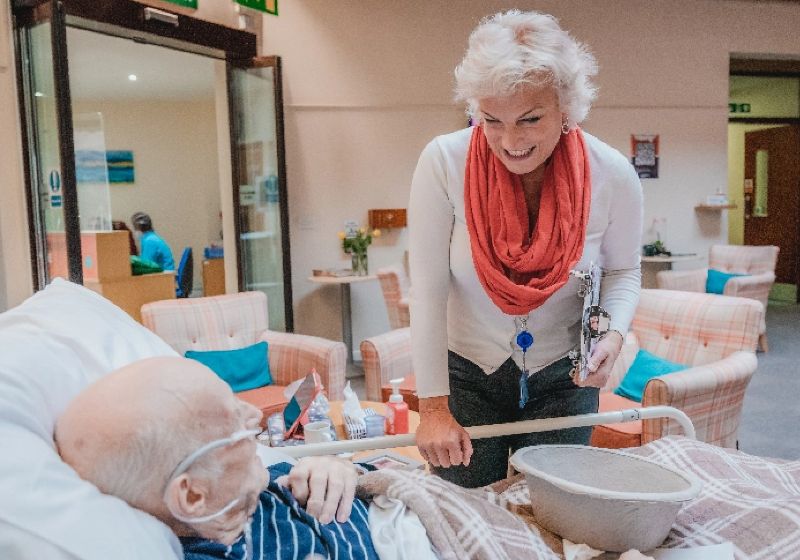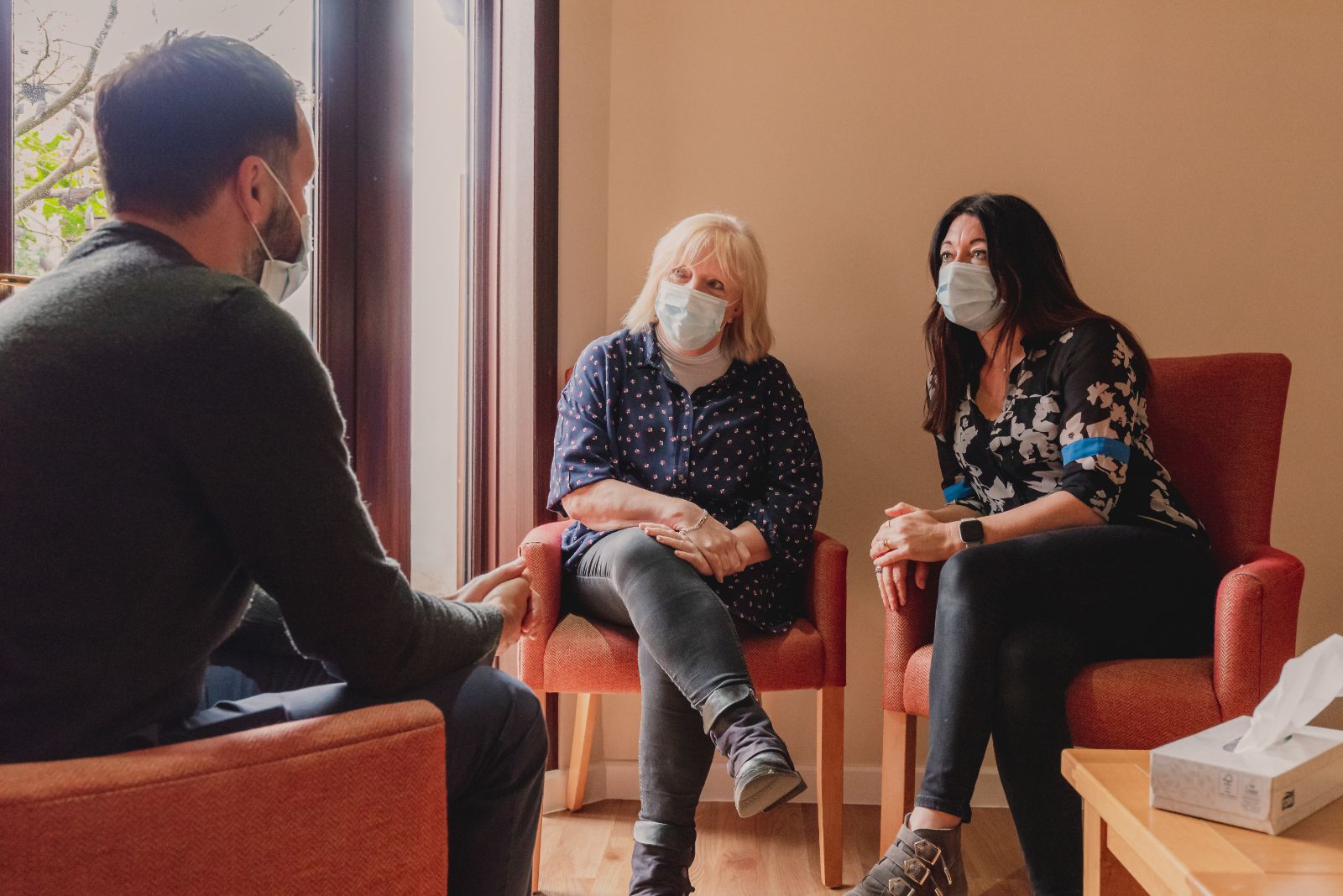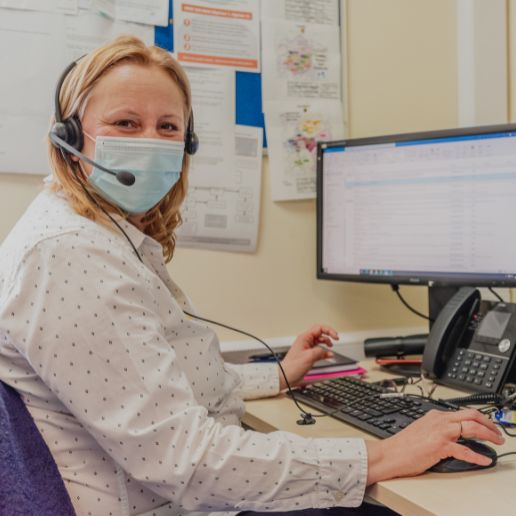Invisible illness at work
Keely Bicknell, one of our Fundraising Officers, shares a personal article about the challenges of managing an invisible illness at work.
“We live in a world where those that push themselves the hardest are often the most praised, valued and respected
At school, special recognition was given to the children who had 100% attendance or did extra-curricular activities; at work, the colleagues who work late or are seen grafting above and beyond are often held up as examples.
Many corporations proudly advertise their work-hard, play-hard culture. Many of us talk about feeling guilty if we log off on time, or switch off our emails on the weekends
If you are a well, able-bodied person, the choice whether or not to engage in this culture is yours
But what happens when you have a chronic condition that requires daily management, and makes it a struggle to even work your contracted hours? Moreover, what happens when this chronic illness is invisible? When no one could tell by looking at you that there is anything wrong?
As someone with a chronic, invisible illness, for me, full time work has meant experiencing the passion, joy and inspiration of a job I love alongside feelings of shame, unworthiness and anxiety
It has meant experiencing achieving great things as an individual and with my team, alongside dark periods of sick leave, doctors’ notes and phased returns.
It has meant at times struggling to see myself beyond my illness, because employment is at its core all about productivity. Being consistently productive within a rigid framework is a challenge when you live in a body which simply doesn’t function properly.
I’ve been at St Catherine’s for five years now
It has been made adamantly clear to me that I am seen for the value I add to the hospice, and that looking after myself and my health doesn’t detract from that.
I have had my condition since I was 14 years old
It took me nine years of researching and pushing (read: begging) medical professionals for the tests I needed before it was finally discovered that my autonomic nervous system doesn’t work properly. I don’t get enough oxygenated blood to my brain, causing cognitive and physical fatigue, weakness and strain.
I have my symptoms every day, including eyesight greying out, weakness, racing heart, very low blood pressure and even passing out. I work so hard behind the scenes to manage and mitigate them, but as is common with people with invisible illness, my symptoms can flare randomly, and are exacerbated by stress
Invisible illnesses include conditions such as: arthritis, Chronic Fatigue Syndrome/ME, fibromyalgia, depression (and other mental illnesses), diabetes, lupus, lyme disease, Multiple Sclerosis, Postural Orthostatic Tachycardia, PTSD
Why am I telling you this? I’m telling you this because some people you know, maybe your family, friends or your colleagues will have invisible illnesses
Like me, learning to forgive themselves, forgive their bodies, when they’re struggling, or unable to work has likely been one of the biggest learning curves of their lives
Learning that their contribution to work is no less valuable, learning to not compare themselves to colleagues who don’t have ill health.
If you take away one thing from reading this, I hope it is this: “A lot of disabilities are invisible. Your reaction to them isn’t”
We may look well, we may have good days, but we are fighting a battle you don’t see.
When I saw an internal HR initiative of “bringing your whole self to work” earlier this year, it occurred to me that invisible illness is a part of my identity, and today, I wanted to share it in the hope it might help other people reading to feel less alone.”












